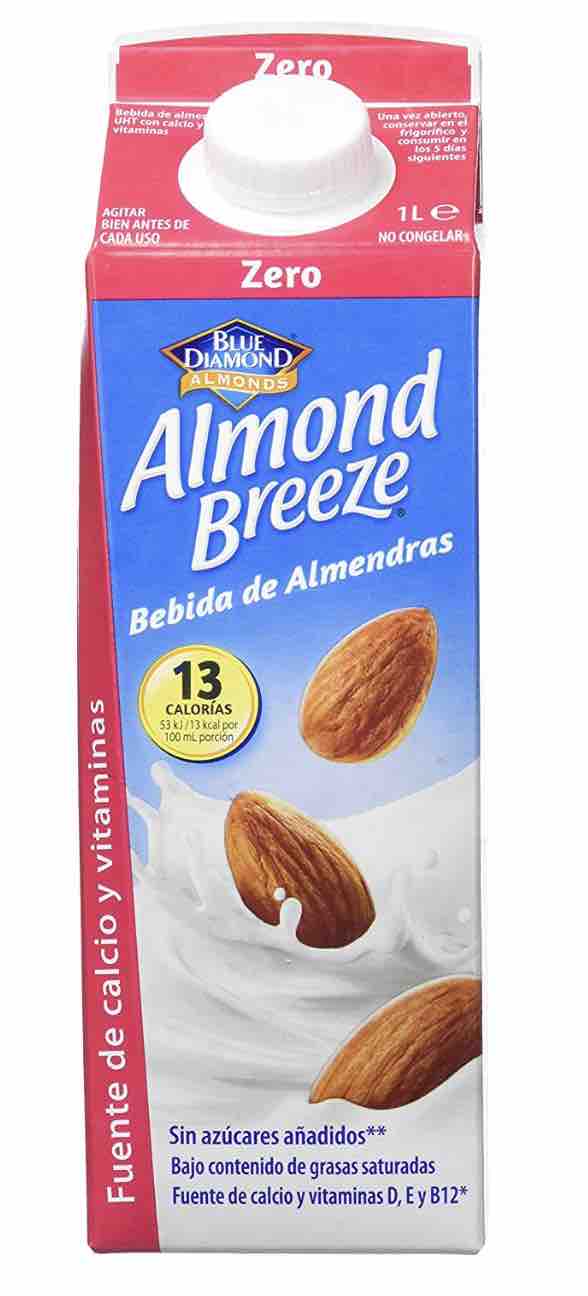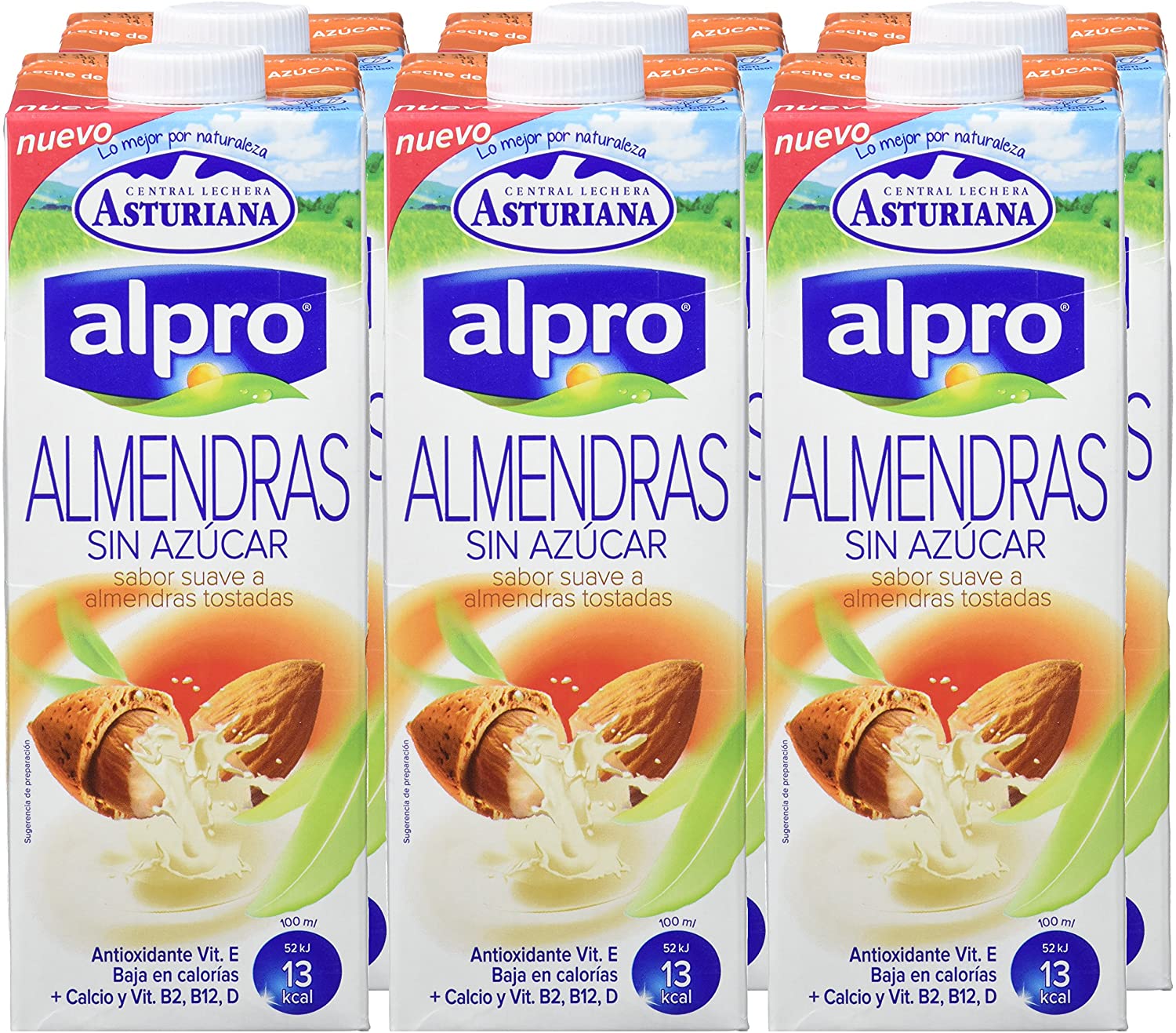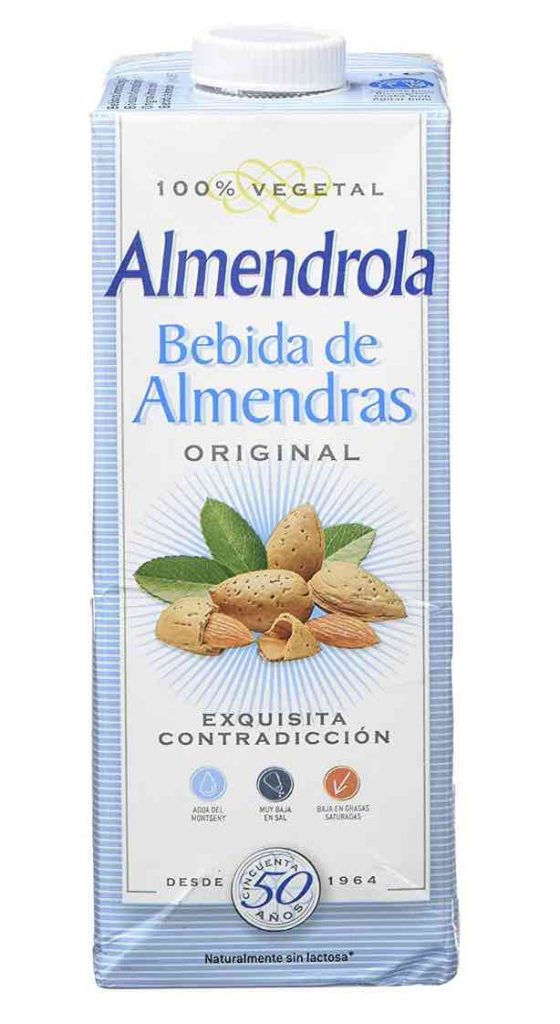Almond milk is a popular plant-based milk alternative made from almonds. It is a good source of calcium, vitamin D, and protein, and it is also low in calories and saturated fat. Almond milk is a versatile ingredient that can be used in a variety of recipes, from smoothies to baked goods. With so many different brands and varieties of almond milk available, it can be difficult to know which one is the best.
There are a few things to consider when choosing almond milk. First, you need to decide what type of almond milk you want. There are two main types of almond milk: sweetened and unsweetened. Sweetened almond milk contains added sugar, while unsweetened almond milk does not. If you are looking for a healthier option, unsweetened almond milk is the better choice. However, if you prefer a sweeter taste, you may want to choose sweetened almond milk.
What is the Best Almond Milk?
Consider these key points when choosing the best almond milk for your needs:
- Sweetened vs. unsweetened
- Calcium and vitamin D content
- Protein content
- Taste and texture
Once you have considered these factors, you can start narrowing down your choices and find the best almond milk for you.
Sweetened vs. unsweetened
One of the first things to consider when choosing almond milk is whether you want sweetened or unsweetened. Sweetened almond milk contains added sugar, while unsweetened almond milk does not. If you are looking for a healthier option, unsweetened almond milk is the better choice. However, if you prefer a sweeter taste, you may want to choose sweetened almond milk.
Added sugar is a major source of empty calories, and it can contribute to weight gain and other health problems. For this reason, it is best to limit your intake of added sugar. If you are trying to reduce your sugar intake, unsweetened almond milk is a good choice. You can also sweeten unsweetened almond milk yourself by adding a natural sweetener, such as honey or maple syrup.
Another thing to consider is that sweetened almond milk often contains more calories than unsweetened almond milk. This is because the added sugar provides extra calories. If you are watching your calorie intake, unsweetened almond milk is a better choice.
Ultimately, the best way to decide whether to choose sweetened or unsweetened almond milk is to consider your own personal preferences and dietary needs. If you are looking for a healthy and low-calorie option, unsweetened almond milk is the better choice. However, if you prefer a sweeter taste, you may want to choose sweetened almond milk.
Once you have decided whether you want sweetened or unsweetened almond milk, you can start narrowing down your choices and find the best almond milk for you.
Calcium and vitamin D content
Calcium and vitamin D are two important nutrients that are essential for bone health. Calcium helps to build and maintain strong bones, while vitamin D helps the body absorb calcium. Almond milk is a good source of both calcium and vitamin D, but the amount of these nutrients can vary depending on the brand and type of almond milk.
- Choose almond milk fortified with calcium and vitamin D.
Many brands of almond milk are fortified with calcium and vitamin D. This means that these nutrients have been added to the almond milk in order to increase its nutritional value. If you are looking for an almond milk that is a good source of calcium and vitamin D, choose a brand that is fortified with these nutrients.
- Check the label to see how much calcium and vitamin D are in the almond milk.
The amount of calcium and vitamin D in almond milk can vary depending on the brand and type of almond milk. Be sure to check the label to see how much of these nutrients are in the almond milk that you are considering. You should aim to choose an almond milk that contains at least 30% of the Daily Value (DV) for calcium and vitamin D.
- Consider your own dietary needs.
If you are at risk for osteoporosis or other bone problems, you may need to get more calcium and vitamin D than the recommended daily amount. Talk to your doctor about your individual dietary needs.
- Calcium and vitamin D are important for bone health.
Getting enough calcium and vitamin D is important for maintaining strong bones throughout your life. Calcium helps to build and maintain strong bones, while vitamin D helps the body absorb calcium. By choosing an almond milk that is fortified with calcium and vitamin D, you can help ensure that you are getting enough of these important nutrients.
Once you have considered the calcium and vitamin D content of almond milk, you can start narrowing down your choices and find the best almond milk for you.
Protein content
Protein is an essential nutrient that is needed for many bodily functions, including building and repairing tissues, producing hormones and enzymes, and transporting nutrients and oxygen throughout the body. Almond milk is a good source of protein, but the amount of protein can vary depending on the brand and type of almond milk.
- Choose almond milk with a higher protein content.
Some brands of almond milk contain more protein than others. If you are looking for an almond milk that is a good source of protein, choose a brand that contains at least 5 grams of protein per serving. You can also find almond milk that contains up to 10 grams of protein per serving.
- Check the label to see how much protein is in the almond milk.
The amount of protein in almond milk can vary depending on the brand and type of almond milk. Be sure to check the label to see how much protein is in the almond milk that you are considering. You should aim to choose an almond milk that contains at least 5 grams of protein per serving.
- Consider your own dietary needs.
If you are an athlete or if you are trying to build muscle, you may need to consume more protein than the recommended daily amount. Talk to your doctor about your individual dietary needs.
- Protein is an essential nutrient.
Getting enough protein is important for maintaining a healthy body. Protein helps to build and repair tissues, produce hormones and enzymes, and transport nutrients and oxygen throughout the body. By choosing an almond milk that is a good source of protein, you can help ensure that you are getting enough of this important nutrient.
Once you have considered the protein content of almond milk, you can start narrowing down your choices and find the best almond milk for you.
Taste and texture
The taste and texture of almond milk can vary depending on the brand and type of almond milk. Some almond milk brands have a sweeter taste than others, while some have a more nutty flavor. The texture of almond milk can also vary, with some brands being thicker and creamier than others.
Here are a few things to consider when choosing almond milk based on taste and texture:
- Try different brands and types of almond milk.
The best way to find an almond milk that you like is to try different brands and types. Some popular brands of almond milk include Almond Breeze, Silk, and Blue Diamond. You can also find almond milk that is made with different types of almonds, such as valencia almonds or marcona almonds. Each type of almond milk has a slightly different taste and texture.
- Consider your own personal preferences.
Some people prefer almond milk that is sweet, while others prefer almond milk that is more nutty. Some people prefer almond milk that is thick and creamy, while others prefer almond milk that is thinner and more watery. Consider your own personal preferences when choosing an almond milk.
- Use almond milk in different recipes.
Almond milk can be used in a variety of recipes, from smoothies to baked goods. Experiment with different recipes to find ways to use almond milk that you enjoy. You may find that you prefer the taste and texture of almond milk in certain recipes over others.
- Almond milk is a versatile ingredient.
Almond milk is a versatile ingredient that can be used in a variety of recipes. It can be used as a milk substitute in smoothies, cereal, and oatmeal. It can also be used in baking recipes, such as pancakes, waffles, and muffins. Almond milk can also be used in savory recipes, such as soups, sauces, and curries.
Once you have considered the taste and texture of almond milk, you can start narrowing down your choices and find the best almond milk for you.
FAQ
Here are some frequently asked questions about almond milk:
Question 1: What is the best almond milk?
Answer: The best almond milk for you depends on your individual needs and preferences. Consider factors such as sweetness, calcium and vitamin D content, protein content, and taste and texture when choosing an almond milk.
Question 2: Is almond milk healthy?
Answer: Almond milk is a healthy alternative to cow's milk. It is low in calories and saturated fat, and it is a good source of calcium, vitamin D, and protein. However, it is important to choose an almond milk that is unsweetened and fortified with calcium and vitamin D.
Question 3: What are the different types of almond milk?
Answer: There are two main types of almond milk: sweetened and unsweetened. Sweetened almond milk contains added sugar, while unsweetened almond milk does not. There are also different brands and types of almond milk available, each with a slightly different taste and texture.
Question 4: How do I use almond milk?
Answer: Almond milk can be used in a variety of ways. It can be used as a milk substitute in smoothies, cereal, and oatmeal. It can also be used in baking recipes, such as pancakes, waffles, and muffins. Almond milk can also be used in savory recipes, such as soups, sauces, and curries.
Question 5: Where can I buy almond milk?
Answer: Almond milk is available at most grocery stores and supermarkets. It is typically found in the refrigerated section near the other milk products.
Question 6: How long does almond milk last?
Answer: Almond milk typically has a shelf life of about 7-10 days. Once opened, almond milk should be stored in the refrigerator and consumed within 5-7 days.
Question 7: Can I make almond milk at home?
Answer: Yes, you can make almond milk at home. There are many recipes available online. However, it is important to note that homemade almond milk may not have the same nutritional value as store-bought almond milk.
Closing Paragraph for FAQ:
These are just a few of the most frequently asked questions about almond milk. If you have any other questions, please consult with a healthcare professional or a registered dietitian.
Now that you know more about almond milk, you can start using it in your favorite recipes. Here are a few tips for using almond milk:
Tips
Here are a few tips for using almond milk:
Tip 1: Use almond milk in smoothies.
Almond milk is a great addition to smoothies. It adds a creamy texture and a nutty flavor. You can use almond milk in any type of smoothie, but it is especially good in green smoothies and fruit smoothies.
Tip 2: Use almond milk in oatmeal.
Almond milk can be used in oatmeal instead of cow's milk. It adds a creamy texture and a nutty flavor. You can also add almond milk to overnight oats.
Tip 3: Use almond milk in baking.
Almond milk can be used in baking recipes, such as pancakes, waffles, and muffins. It adds a moist texture and a nutty flavor. You can also use almond milk in cakes and cookies.
Tip 4: Use almond milk in savory dishes.
Almond milk can be used in savory dishes, such as soups, sauces, and curries. It adds a creamy texture and a nutty flavor. You can also use almond milk in stir-fries and casseroles.
Closing Paragraph for Tips:
These are just a few tips for using almond milk. You can also experiment with using almond milk in other recipes. Almond milk is a versatile ingredient that can be used in a variety of dishes.
Almond milk is a healthy and delicious alternative to cow's milk. It is a good source of calcium, vitamin D, and protein. Almond milk can be used in a variety of recipes, from smoothies to baked goods. With so many different brands and varieties of almond milk available, you are sure to find one that you like.
Conclusion
Almond milk is a healthy and delicious alternative to cow's milk. It is a good source of calcium, vitamin D, and protein. Almond milk is also low in calories and saturated fat. It is a versatile ingredient that can be used in a variety of recipes, from smoothies to baked goods.
When choosing an almond milk, there are a few things to consider:
- Sweetened vs. unsweetened
- Calcium and vitamin D content
- Protein content
- Taste and texture
Once you have considered these factors, you can start narrowing down your choices and find the best almond milk for you.
Almond milk is a great choice for people who are looking for a healthy and delicious alternative to cow's milk. It is also a good choice for people who are lactose intolerant or allergic to cow's milk.
Closing Message:
Experiment with different brands and types of almond milk to find one that you like. You can also use almond milk in a variety of recipes to add a creamy texture and a nutty flavor. With so many different options available, you are sure to find an almond milk that you love.
Royal Honey VIP: Timeframe To Experience Effects
Elf On The Shelf Office Ideas
How Long Can Tom Cruise Hold His Breath?



ncG1vNJzZmiqpZe2pLvNa2WapaNoe6W1xqKrmqSfmLKiutKpmJydo2OwsLmOnKyapF2awG64wGaknqKfp3qtscKhnGaclWKurbnEp5urmaNjtbW5yw%3D%3D